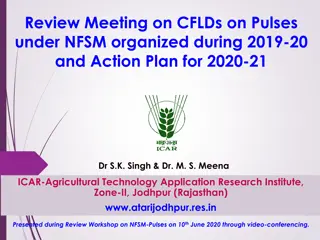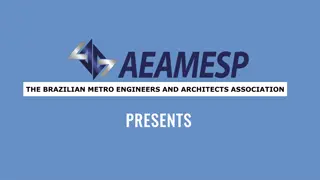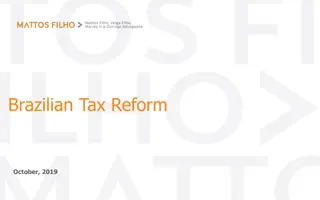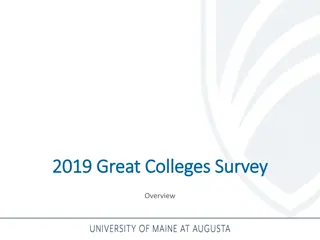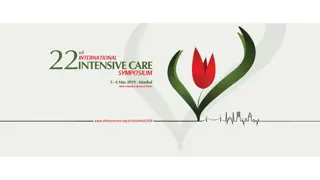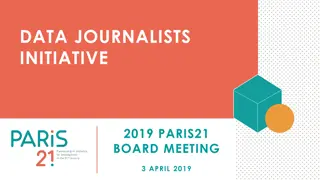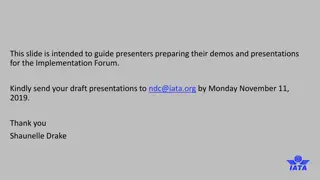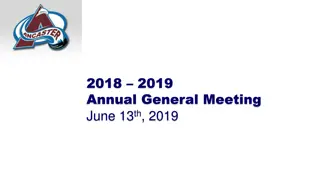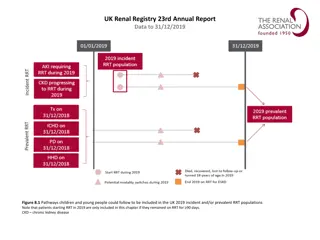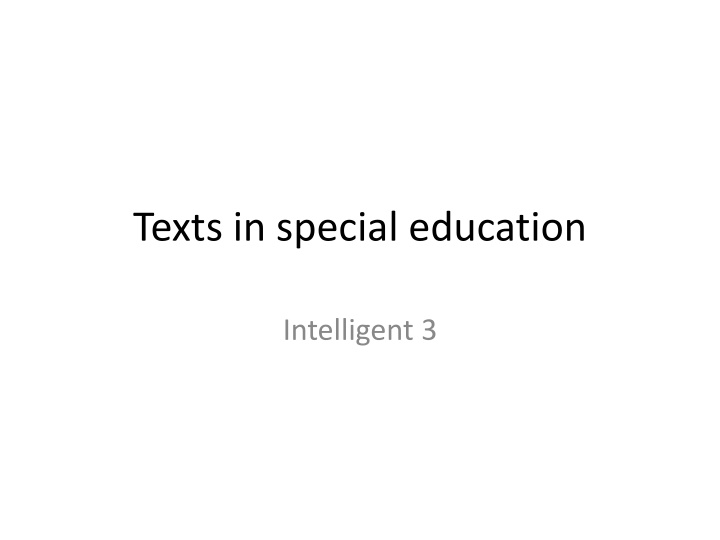
Special Education Texts and Forms of Intelligence
Explore the importance of adapting teaching methods to cater to students' varied intellectual capacities to help them reach their full potential. Learn about different forms of intelligence and key concepts in cognitive development and standardized testing.
Download Presentation

Please find below an Image/Link to download the presentation.
The content on the website is provided AS IS for your information and personal use only. It may not be sold, licensed, or shared on other websites without obtaining consent from the author. If you encounter any issues during the download, it is possible that the publisher has removed the file from their server.
You are allowed to download the files provided on this website for personal or commercial use, subject to the condition that they are used lawfully. All files are the property of their respective owners.
The content on the website is provided AS IS for your information and personal use only. It may not be sold, licensed, or shared on other websites without obtaining consent from the author.
E N D
Presentation Transcript
Texts in special education Intelligent 3
Forms of intelligent Students cannot meet requirements that are not adapted to their intellectual capacities, because too often we use forms of teaching that rely on theory and deduction, where abstraction is critical to success. As a result, these students develop negative images of themselves and are never able to attain their full potential. As can be Linguistic, Existential Logical mathematical, Naturalist Intrapersonal, Musical Interpersonal, Bodily kinetic Spatial, Different Forms of Intelligence.
Important words 1. Cognitive. 2. Perception. 3. Attention. 4. Memory. . 5 Language. 6. Complex.
Important words 7.Standardized. 8. Tests. 9. Environment. 10. Theory. 11. Forms. 12. Different. 13. Measure


